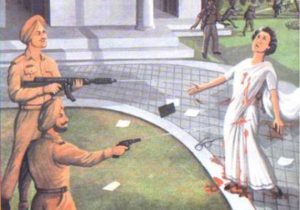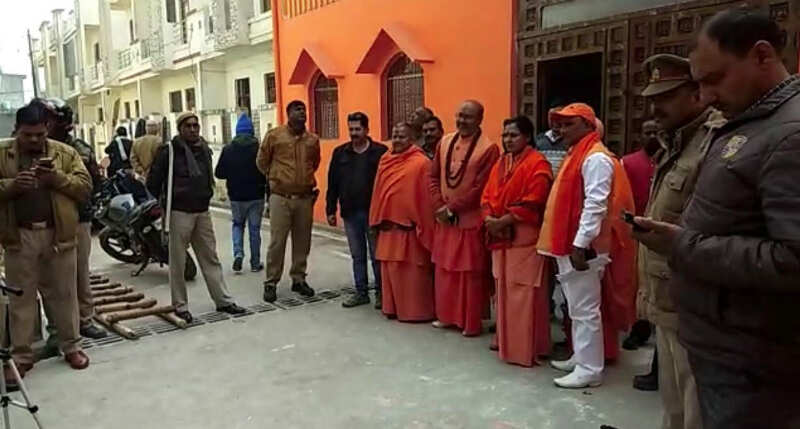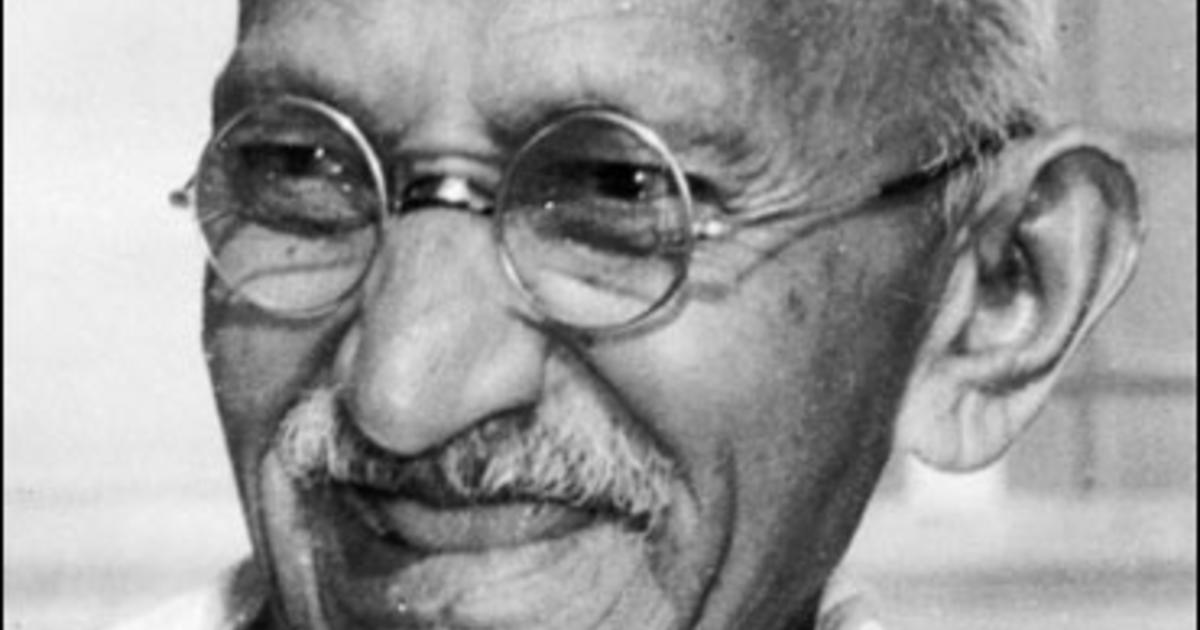

In that passage, Gandhi references India’s Arms Act of 1878, which gave Europeans in India the right to carry firearms but prevented Indians from doing so, unless they were granted a license by the British colonial government. Pro-gun activists frequently use those words to suggest that Gandhi supported individual gun ownership both as a means of defending oneself and as a tool to violently resist government tyranny. This includes Mohandas Gandhi himself, whose words appear on countless pro-gun websites as follows: “Among the many misdeeds of the British rule in India, history will look upon the Act depriving a whole nation of arms as the blackest.” Some are legitimate, and some are completely bogus, but all are cherry-picked and presented entirely without context to suggest that their subjects hold the same pro-gun beliefs as Ted Nugent.Įven history’s greatest proponents of nonviolence are not immune from such treatment. Do some surfing on pro-gun websites and you will find a cottage industry of quotations from American leaders and other voices of wisdom from throughout history. Those familiar with pro-gun activists know that they love a good quote. On the other hand it may stimulate communal frenzy the presence of 5,000,000 Hindu and Sikh refugees from Pakistan (of whom about 400,000 are in Delhi) has exacerbated public tempers and communal organisations such as the Hindu Mahasabha and Rashtriya Swayam Sewak Sangh have been active in preaching vengeance against Pakistan.Representation of Gandhi from the pro-gun blog Everyday No Days Off.

It may produce that change of heart for which Gandhi laboured and gave his life. Repercussions of the crime are certain to be widespread and intense throughout India and Pakistan. The crowd was tense but subdued, and its mood appeared to be one of stunned sorrow. News of Gandhi's death was announced by the All-India Radio at six o'clock and a crowd of several thousands immediately gathered at Birla House. The man is a fair-skinned individual of medium height and spare build aged about 30. The pistol he used was a 38 calibre Biretta of Italian manufacture scores of these weapons were captured from the Italians in North Africa and smuggled back to India by Indian soldiers. His origin is still obscure, but he is said to be a Brahmin, and according to one report, comes from Poona. Questioned by reporters, the man, who speaks English, said he was not sorry he had killed Gandhi but would explain his reasons in court. An infuriated crowd fell upon the man and beat him with sticks, but he was apprehended by the police and taken to a police station. The sergeant wanted to shoot the man but was stopped by the police. The man, who gave his name as Nathuram, fired a fourth shot, apparently in an effort to kill himself, but a Royal Indian Air Force sergeant standing alongside jolted his arm and wrenched the pistol away.

He was carried into Birla House and died half an hour later, at about 5.40. He raised his hands above his head in the same salutation as he fell. The bullets lodged in Gandhi's chest, stomach and groin. The man then whipped out a pistol from inside his pocket and fired three times at point-blank range. Gandhi smiled at him, and, according to one version, spoke to him.

He was as usual, leaning on the shoulders of two grand-nieces, and when he approached the meeting a man dressed in a khaki bush jacket and blue trousers and standing within five feet of Gandhi greeted him with the customary Hindu salutation of namesteh - that is with folded hands. He was walking from Birla House to the lawn where his evening prayer meetings are held and was several minutes late for the meeting. Mahatma Gandhi was shot and killed this evening by a Hindu fanatic.


 0 kommentar(er)
0 kommentar(er)
